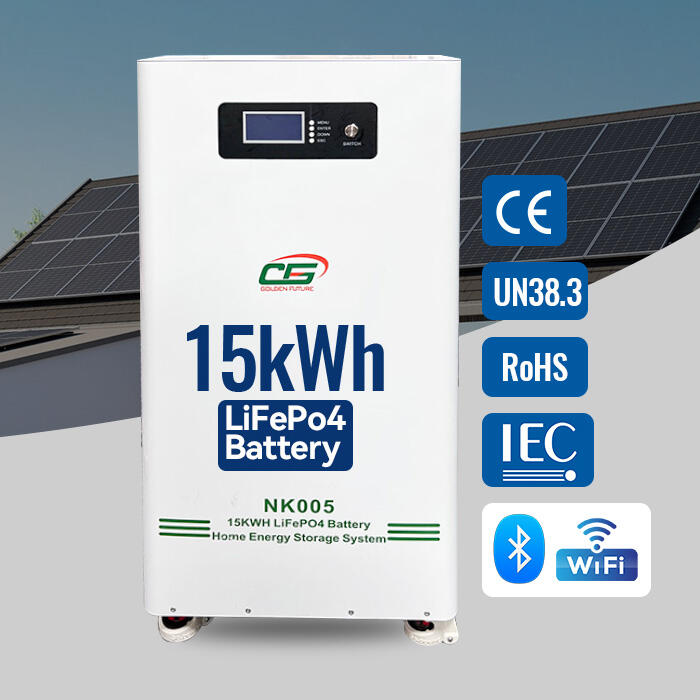Some people assume that solar energy battery storage systems are in tens of thousands of dollars and out of reach for the average family. But this notion is quickly becoming outdated. Over the last decade, the price of lithium-ion batteries, the primary type used in solar storage, has decreased by over 80%. This dramatic price drop has made these systems even more affordable.
Many local and federal governments also provide rebates, tax credits, and other forms of financial assistance to solar battery storage consumers. These incentives can reduce the overall price of the system by 20% to 50%. Savings on monthly electricity bills help offset the system's cost, and almost all households report that their solar battery storage pays for itself within 5 to 7 years. After that, households enjoy long-lasting savings.

Some think that very hot or very cold weather makes solar batteries stop working or lose most of their power. This isn’t true.
Current solar batteries have advanced to the point where this is no longer a problem. The best batteries on the market have actively working temperature control systems. These systems maintain the battery cells at a constant temperature, even during extreme 100°F (38°C) heat or below zero. For instance, some batteries implement a combination of hot weather liquid cooling and cold weather heating elements. Testing indicates that solar batteries still operate at 80% to 90% of normal levels even in temperatures ranging from 4°F (-20°C) to 122°F (50°C). There is very little weather the best batteries on the market can’t handle.
Some think that because solar batteries can only charge or store electricity during the day or when the sun is shining, that means they become useless at night and on cloudy days. However, solar battery storage systems are built to power your home 24/7.
Battery systems can store energy charged during the day from solar panels. Even cloudy days provide some energy to the systems, though it takes longer to charge. This stored energy powers your home at night. Most solar systems are designed to connect to the local power grid. This means that if your stored batteries run out, your home can switch to power grid electricity. Some more advanced systems allow users to charge the batteries during off-peak hours, when electricity is cheaper. Then, users can power their home during peak hours to save more. This keeps the home powered 24/7 and saves money at the same time.
These myths matter because they might stop you from adopting technologies that will save you money and help make your home more energy independent. It’s time to change that. Solar energy battery storage isn't just for the wealthy or those living in perfect weather conditions; it is a viable option for a lot of homes.
The future of clean energy is on the ascent and so is the future of the solar battery systems with regard to efficiency and affordability. Knowing the right information helps you to decide on the energy needs of your home. No matter your motivations be it saving on your electric bill, minimizing your carbon impact on the environment, or having reserve power during outages, solar battery storage should be on your list of choices.